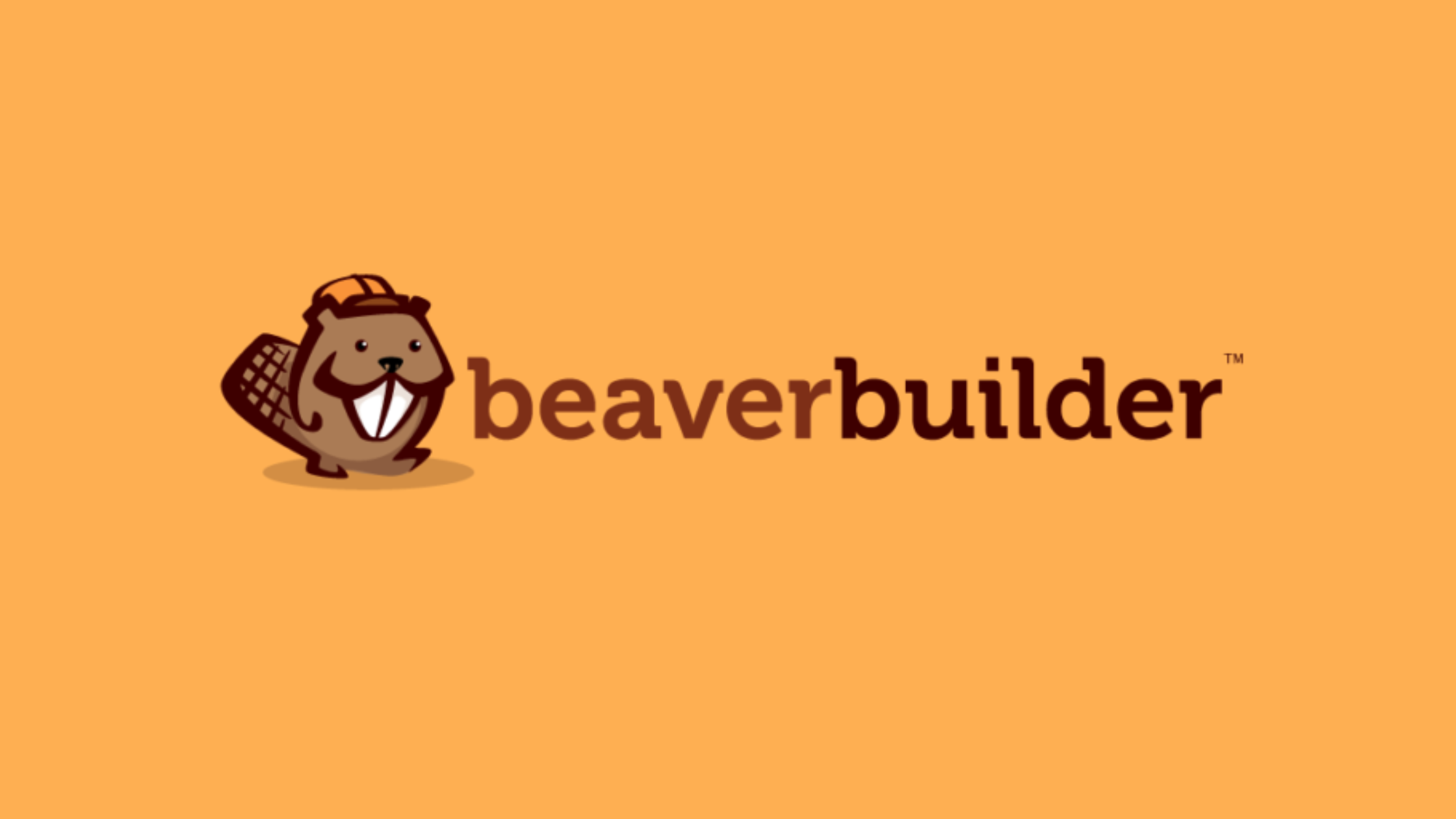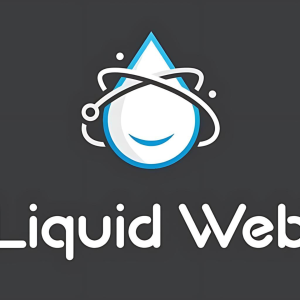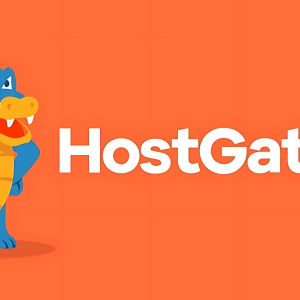- Highly intuitive and easy to use.
- Extensive design flexibility.
- Excellent support and community.
- Regular updates and enhancements.
- Developer-friendly with clean code.
- Premium plans can be expensive for some users.
- Limited advanced design options compared to some competitors.
What is Beaver Builder WordPress Plugin?
- Introduction:
- The Beaver Builder WordPress Plugin is a robust and user-friendly drag-and-drop page builder designed for WordPress websites.
- History:
- Launched in 2014 by FastLine Media, Beaver Builder has grown rapidly to become one of the most popular page builders in the WordPress community.
- The plugin is renowned for its stability, user support, and consistent updates.
Specifications
- Drag-and-Drop Interface:
- Intuitive drag-and-drop builder allowing users to create complex layouts without any coding knowledge.
- Modules:
- A variety of content modules such as text blocks, images, videos, and sliders.
- Templates:
- Pre-designed templates that can be easily customized to fit any website style.
- Responsive Design:
- Ensures your site looks great on all devices including desktops, tablets, and smartphones.
- Developer-Friendly:
- Clean code, well-documented, and offers hooks and filters for developers to extend its functionality.
- SEO Optimization:
- Built with SEO best practices to ensure your site ranks well on search engines.
Why Should One Use Beaver Builder WordPress Plugin?
- Ease of Use:
- User-friendly interface suitable for beginners and non-tech-savvy users.
- Flexibility:
- Highly customizable with a wide range of design options.
- Performance:
- Optimized for speed, ensuring your website loads quickly.
- Support:
- Excellent customer support and a robust community.
- Compatibility:
- Compatible with most WordPress themes and plugins.
- Reliability:
- Regular updates and a strong track record of stability and performance.
Useful Stats
- Active Installations:
- Over 1 million active installations.
- Rating:
- Rated 4.8 out of 5 stars on the WordPress Plugin Repository.
- Community:
- Large and active community with numerous tutorials, forums, and Facebook groups.
Plans
- Standard Plan:
- $99/year
- Includes page builder plugin and premium modules.
- Pro Plan:
- $199/year
- Adds multisite capabilities and Beaver Builder theme.
- Agency Plan:
- $399/year
- White labeling options, network-wide settings, and priority support.
Similar Website Builders
- Elementor:
- Popular alternative with a wide range of widgets and templates.
- Divi Builder:
- Known for its design versatility and powerful features.
- WPBakery Page Builder:
- Offers a comprehensive set of design tools and elements.
- Thrive Architect:
- Focuses on conversion optimization with built-in marketing tools.
Is Beaver Builder Free?
- Lite Version:
- Beaver Builder offers a free Lite version available in the WordPress plugin repository.
- Includes basic features and limited modules suitable for simple website layouts.
- Premium Version:
- To access advanced features, more modules, and pre-designed templates, you need to upgrade to one of the premium plans.
- Premium Plans:
- Standard Plan: $99/year – Includes the page builder plugin and premium modules.
- Pro Plan: $199/year – Adds multisite capabilities and the Beaver Builder theme.
- Agency Plan: $399/year – Includes white labeling options, network-wide settings, and priority support.
The free Lite version is a great way to get started and test the basic functionality, but for more robust features and capabilities, the premium version is recommended.
Is Beaver Builder Good for SEO?
- SEO-Friendly Code:
- Beaver Builder is built with clean, well-structured code that adheres to SEO best practices, ensuring that your site can be easily crawled and indexed by search engines.
- Responsive Design:
- Websites created with Beaver Builder are fully responsive, which is crucial for SEO since Google prioritizes mobile-friendly websites in search results.
- Fast Loading Times:
- The plugin is optimized for performance, contributing to faster page load times, which is an important ranking factor for search engines.
- Control Over SEO Elements:
- Allows users to add and customize key SEO elements like meta titles, descriptions, and header tags, which help improve search engine visibility.
- Integration with SEO Plugins:
- Fully compatible with popular SEO plugins like Yoast SEO and All in One SEO Pack, enabling you to further optimize your content for search engines.
- Clean and Customizable URLs:
- Provides the ability to create clean and customizable URLs, enhancing both user experience and SEO.
Is Beaver Builder Slow?
- Optimized for Speed:
- Beaver Builder is designed with performance in mind, ensuring that websites built with it load quickly and efficiently.
- Lightweight Code:
- Utilizes clean and lightweight code to minimize the impact on your website’s load times.
- Efficient Resource Management:
- Loads only the necessary resources for each page, reducing bloat and improving performance.
- Caching Compatibility:
- Compatible with popular caching plugins like WP Rocket and W3 Total Cache, which can further enhance your site’s speed.
- Performance Benchmarks:
- Independent tests and user reviews often highlight Beaver Builder’s speed and efficiency compared to other page builders.
- Hosting and Configuration Impact:
- Site speed can also be influenced by your hosting environment and overall website configuration, not just the page builder.
Tips to Ensure Optimal Speed with Beaver Builder
- Optimize Images:
- Use optimized images to reduce load times.
- Minimize Plugins:
- Limit the number of active plugins to those essential for your site.
- Enable Caching:
- Use a caching plugin to serve static content and reduce server load.
- Utilize a Content Delivery Network (CDN):
- Implement a CDN to deliver content faster to global users.
- Regular Maintenance:
- Keep your WordPress installation, themes, and plugins updated to ensure optimal performance.
Does Beaver Builder Use Bootstrap?
- No Direct Bootstrap Integration:
- Beaver Builder does not use Bootstrap as its underlying framework. It is built with its own custom framework to ensure maximum compatibility and performance within the WordPress environment.
- Custom Framework:
- The custom framework is designed to be lightweight and flexible, providing the necessary tools to create responsive and visually appealing layouts without relying on Bootstrap.
- Compatibility with Bootstrap:
- Although Beaver Builder does not use Bootstrap, it is fully compatible with Bootstrap. This means you can integrate Bootstrap elements and styles into your Beaver Builder layouts if desired.
How Many Sites Use Beaver Builder?
- Active Installations:
- Beaver Builder has over 1 million active installations. This indicates a widespread adoption and trust in the plugin within the WordPress community.
Can You Use Beaver Builder and Elementor Together?
- Technical Compatibility:
- Technically, you can install both Beaver Builder and Elementor on the same WordPress site. However, it’s not recommended to use them on the same page due to potential conflicts and overlapping functionalities.
- Possible Issues:
- Performance: Running two page builders can slow down your site.
- Conflicts: There might be compatibility issues and conflicts between the two plugins, especially when used on the same page.
- Complexity: Managing content with two different builders can complicate your workflow.
- Best Practices:
- Choose One: Select one primary page builder to ensure optimal performance and a smoother user experience.
- Test Thoroughly: If you decide to use both, test thoroughly on a staging site to identify any issues.
- Separate Use Cases: If needed, you can use Beaver Builder for specific pages or sections and Elementor for others, but keep them separate.
Does Beaver Builder Work with Any Theme?
- Wide Compatibility:
- Beaver Builder is designed to work with virtually any WordPress theme. Its flexible and theme-agnostic nature ensures that you can use it with your preferred theme without issues.
Key Points
- Universal Compatibility:
- Works with most WordPress themes, including both free and premium options.
- Customization:
- Allows you to customize your theme’s layout and design elements seamlessly using the drag-and-drop interface.
- Theme Integration:
- Beaver Builder ensures smooth integration with popular themes like Astra, GeneratePress, and OceanWP, which are optimized for page builders.
- Beaver Builder Theme:
- Comes with its own theme, the Beaver Builder Theme, which is specifically designed to work flawlessly with the plugin, providing maximum flexibility and performance.
- Support for Theme Features:
- Maintains compatibility with theme-specific features and customizations, ensuring your site’s functionality is not compromised.
Best Practices
- Test Compatibility:
- While Beaver Builder works with most themes, it’s always a good idea to test your chosen theme with the plugin to ensure compatibility and identify any minor adjustments that might be needed.
- Use Page Builder-Friendly Themes:
- For the best experience, consider using themes known to be highly compatible with page builders, such as Astra, GeneratePress, or the Beaver Builder Theme.
Can you use Beaver Builder for posts?
Yes, you can use Beaver Builder for creating and designing individual posts in WordPress. While Beaver Builder is primarily known as a page builder, it also offers the capability to design and customize single post layouts using its intuitive drag-and-drop interface. This allows you to:
- Create Custom Post Layouts: Design unique layouts for your blog posts using Beaver Builder’s modules and templates.
- Enhance Visual Appeal: Add multimedia elements, custom styling, and interactive features to individual posts.
- Improve User Experience: Ensure consistency and professional presentation across all posts on your website.
Using Beaver Builder for posts provides flexibility and creative control, allowing you to enhance the visual appeal and functionality of your content beyond the standard WordPress editor. This can be particularly useful for creating feature-rich posts, landing pages, or content-heavy articles that require a more dynamic layout.
Where do I put CSS in Beaver Builder?
In Beaver Builder, you can add custom CSS to customize the appearance and style of elements within your layouts. Here’s how you can add CSS in Beaver Builder:
Method 1: Using the Beaver Builder Theme Customizer
- Navigate to Theme Customizer:
- Go to your WordPress Dashboard.
- Click on “Appearance” and then “Customize.”
- Find Additional CSS Option:
- Look for a section usually labeled “Additional CSS” or similar (the label may vary depending on your theme).
- Add Your CSS Code:
- Paste your CSS code into the provided text area.
- Click “Publish” or “Save & Publish” to apply the changes.
Method 2: Using Beaver Builder’s Page or Post Settings
- Edit Your Page or Post:
- Go to the page or post where you want to add custom CSS.
- Open Page Builder:
- Click on “Page Builder” or “Beaver Builder” to open the builder interface.
- Access Settings Panel:
- Look for the settings icon (gear icon) on the top right corner of the builder interface.
- Go to Advanced Tab:
- In the settings panel, navigate to the “Advanced” tab.
- Add Custom CSS:
- Scroll down to find the “Custom CSS” field.
- Enter your CSS code here.
- Save Changes:
- Click “Done” or “Save” to apply your custom CSS to that specific page or post.
Method 3: Using a Child Theme
- Create a Child Theme:
- If you’re familiar with creating child themes, this method allows you to add CSS directly into the child theme’s stylesheet (
style.css).
- If you’re familiar with creating child themes, this method allows you to add CSS directly into the child theme’s stylesheet (
- Access the Child Theme’s Stylesheet:
- Go to “Appearance” -> “Editor” in your WordPress dashboard.
- Select your child theme from the drop-down list of themes.
- Navigate to
style.cssand add your CSS code there.
- Save Changes:
- Click “Update File” to save your changes.
Tips for Adding CSS in Beaver Builder:
- Specificity: Use specific selectors to target the elements you want to style.
- Testing: Always preview your changes before publishing to ensure they appear as expected.
- Backup: Keep a backup of your CSS code in case you need to revert changes.
What is the difference between Beaver Builder and Divi builder?
Beaver Builder and Divi Builder are two popular WordPress page builders that offer similar functionalities but have some distinct differences. Here’s a comparison between Beaver Builder and Divi Builder:
Beaver Builder:
- Interface and Ease of Use:
- Beaver Builder has a clean and intuitive interface that focuses on simplicity and ease of use. It uses a modular, drag-and-drop approach that appeals to users who prefer straightforward functionality.
- Flexibility and Customization:
- Offers a high level of flexibility with a wide range of modules and templates. Users can easily customize layouts and designs without extensive coding knowledge.
- Compatibility:
- Works well with most WordPress themes and plugins due to its theme-agnostic approach. It integrates smoothly without causing conflicts with other components of a website.
- Performance:
- Known for its lightweight code and optimized performance, contributing to faster page load times. It emphasizes clean code practices and efficient resource management.
- Pricing:
- Offers three main pricing plans (Standard, Pro, Agency) that cater to different user needs and budgets. It also has a free Lite version with basic features available in the WordPress repository.
Divi Builder:
- Interface and Features:
- Divi Builder is part of the Divi Theme by Elegant Themes but can also be used as a standalone plugin. It features a powerful visual builder with a vast array of design elements and customization options.
- Visual Editing:
- Provides a front-end visual editing experience where changes are made directly on the page. This real-time editing capability allows for immediate feedback on design adjustments.
- Design Options:
- Offers a comprehensive library of pre-built layouts and modules that users can import and customize. It includes advanced design settings and styling options to create intricate page designs.
- Theme Integration:
- Primarily designed to work seamlessly with the Divi Theme, which is highly customizable and includes additional features like theme options, headers, and footers.
- Community and Support:
- Has a large and active community with extensive documentation, tutorials, and support forums provided by Elegant Themes.
Key Differences:
- User Interface: Beaver Builder focuses on simplicity and modularity, while Divi Builder offers a more feature-rich, front-end editing experience.
- Theme Integration: Beaver Builder is compatible with various themes, whereas Divi Builder is tightly integrated with the Divi Theme, offering a cohesive design ecosystem.
- Customization: Divi Builder provides more advanced design options and styling capabilities out of the box, appealing to users who prefer extensive visual editing tools.
- Performance: Beaver Builder is recognized for its lightweight code and optimized performance, whereas Divi Builder’s performance can depend on the complexity of the design and additional features used.


















There are no reviews yet.